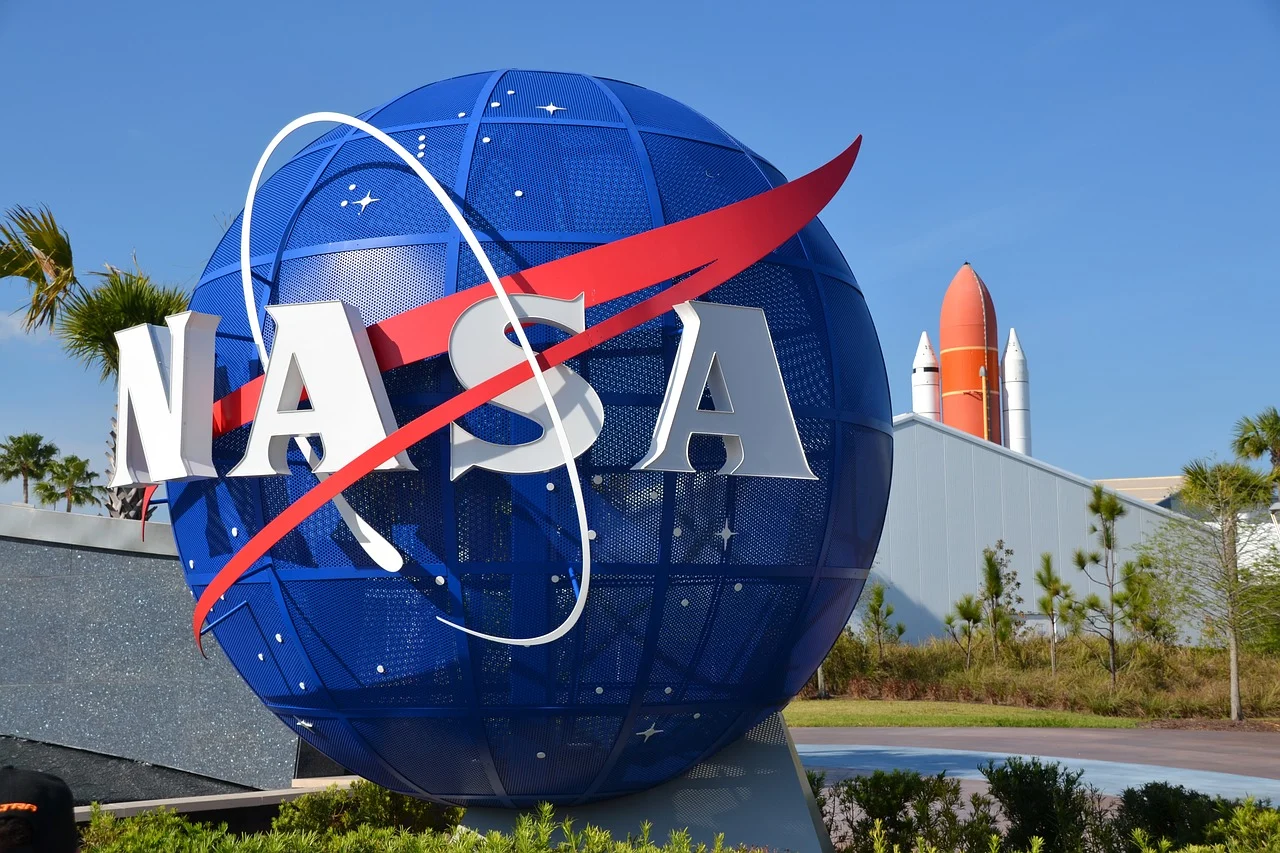Science News Roundup: 'Learning period' for US commercial space regulations should be extended -US Sen. Cruz; NASA names chief of UFO research; panel sees no alien evidence and more
The fast-growing sector since 2004 has been shielded from federal safety regulations by what is widely called a "learning period." Exclusive-Berlin blocks complete takeover of satellite startup by Chinese firm - sources The German government on Wednesday forbid the complete takeover of satellite startup KLEO Connect by a Chinese firm, two government sources told Reuters.

Following is a summary of current science news briefs.
'Learning period' for US commercial space regulations should be extended -US Sen. Cruz
A federal moratorium on commercial spaceflight safety regulations should be extended to support more innovation in the space sector, U.S. Senator Ted Cruz said on Wednesday, ahead of the scheduled expiration of a years-old ban on Oct. 1. There are currently no regulations on the safety of privately built space vehicles. The fast-growing sector since 2004 has been shielded from federal safety regulations by what is widely called a "learning period."
Exclusive-Berlin blocks complete takeover of satellite startup by Chinese firm - sources
The German government on Wednesday forbid the complete takeover of satellite startup KLEO Connect by a Chinese firm, two government sources told Reuters. The cabinet agreed a decision by the economy ministry not to let Shanghai Spacecom Satellite Technology, which already has 53% of the company, acquire the 45% minority stake of German company EightyLeo, according to the sources.
NASA names chief of UFO research; panel sees no alien evidence
NASA on Thursday said it has named a new director of research into what the government calls "unidentified anomalous phenomenon," or UAP, while the U.S. space agency's chief said an expert panel that urged deeper fact-finding on the matter found no evidence of an extraterrestrial origin for these objects. Administrator Bill Nelson made the announcement about the new research chief - without disclosing the person's identity - after the independent panel of experts recommended in a new report that NASA increase its efforts to gather information on UAP and play a larger role in helping the Pentagon detect them.
In San Francisco Bay, ecologists work to protect sevengill sharks
Meghan Holst studies the broadnose sevengill shark, so she was naturally concerned when record-setting rain this year altered the shark's nursery grounds in San Francisco Bay. But the species appears to have withstood the challenge, based on initial observations from a recent outing on the water by Holst, a 31-year-old doctoral student in conservation ecology at the University of California, Davis.
Germany signs U.S.-led space norms pact Artemis Accords
Germany on Thursday became the 29th country to sign the Artemis Accords, a U.S.-led multilateral agreement meant to establish norms of behavior in space and on the lunar surface. The signing marks a key addition to a growing slate of countries aligning their space policies and standards of cooperation with the United States, as nations including China and India eye the moon as stage for technological advances and national prestige.










